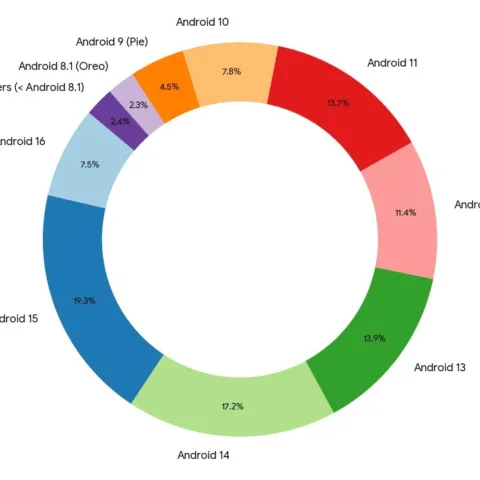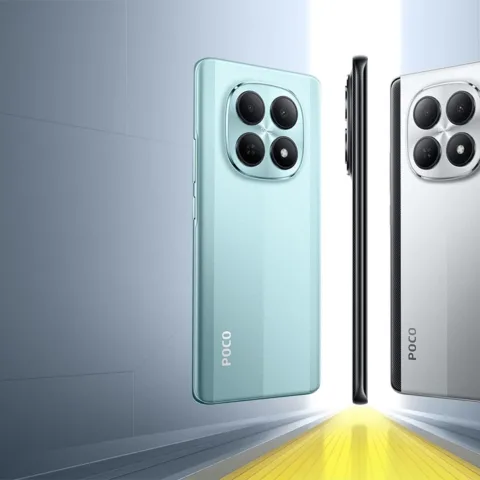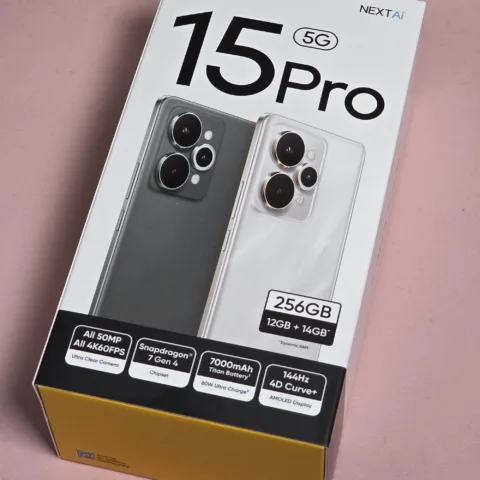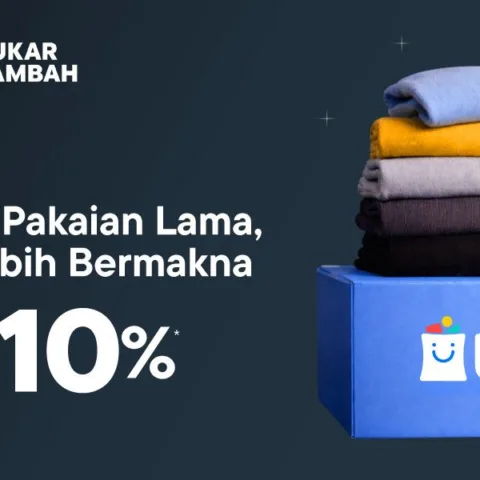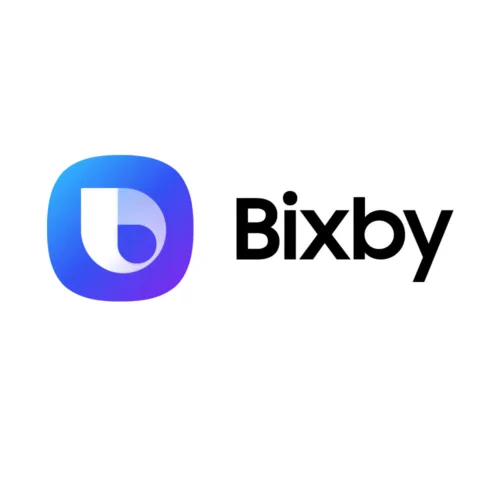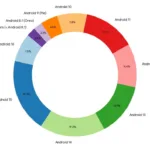Mobile messaging apps are flooding the market and it doesn’t look like the onslaught is letting up anytime soon. Taiwan-based app Cubie today just announced additional language support which it hopes will expand its user base and connect more people through its network. Today’s announcement adds German, Italian, Indonesian, and Portuguese to the app, making Cubie available in ten languages, and it also updated localizations for Thai and Spanish.
The localization efforts were done through a service called Get Localization which offers a crowd sourced service for startups to translate their apps and services. “We’re extremely pleased to offer an even better messaging service to our users in these markets”, CEO and co-founder Yenwen Feng says, “Response from our users has been fantastic, they’ve done all the hard work themselves. In the future, we hope to crowdsource more languages to reach even more users around the world.”
Cubie, which is just over a year old, currently has 6.5 million users. It crossed the two million mark in July according to The Next Web and was one of last year’s top startups at e27’s Echelon Conferences. Cubie’s user base is made up largely in Asia. Its largest market is Thailand in which it boasts more than one million users and it’s also popular in Taiwan, Malaysia, Singapore, Saudi Arabia, and Hong Kong.
Following the inclusion of Spanish in January however, the app began to reach consumers in Europe and the United States. “Once users in places like Italy and Brazil started to ask about a version in their languages, we realized there was enough people there to do it”, Feng adds. The founders were surprised that Spanish localization helped push the app into the United States although it perhaps shouldn’t be that surprising considering Spanish is among the top languages spoken there.
With its hold in Southeast Asia, Cubie recognizes the importance of Indonesia and it worked to add the Indonesian version as soon as it could. James Hill, Cubie’s International Messenger (yes, that’s his title) told DailySocial that while Indonesians tend to prefer to use the app in English, offering the app in Indonesian provides an option for those who use their devices in Indonesian. Cubie is also working with a number of local mobile telcos for some form of partnerships.
“Indonesians are switching to smartphones at an extremely rapid rate, and we want to offer those new users the best messaging experience possible. Supporting local languages will help us do so, though we’ve noticed most Indonesians prefer to use apps in English, we believe in giving them the option. We’ve also begun working with carriers in Indonesia as well as other partners to reach more people there”, Hill said.
While the app offers many features similar to other popular messenger apps such as animated stickers, and group messaging up to 100 members per group, location sharing, voice and video messages, it also offers doodling and YouTube video search.
Cubie has found a niche among females aged 18-35. Its doodling feature also helps set it apart from the other players. “The drawing feature is very popular, but most users find the app appealing because of the things that their friends draw or the way that they customise it, so the appeal is really unique,” said Feng to The Next Web in July last year.
Back in October, Cubie secured $1.1 million in seed funding from a number of investors including Japan’s B Dash Ventures and it also joined 500 Startups. With links to Asia and the US thanks to its diverse group of investors, the young company expects to make further inroads internationally. Cubie can be downloaded for free from the App Store and Google Play.
[Update] James Hill emailed to clarify that “the addition of Spanish led to an increase in US downloads in English”, which was why the team was surprised.


